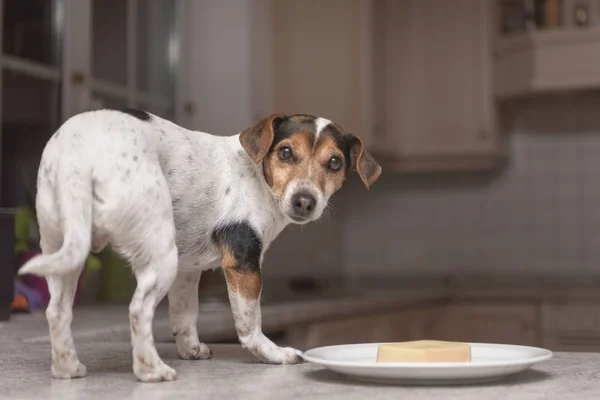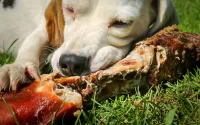Can dogs eat sharp cheddar cheese?
Many dog owners love to share their favorite snacks with their furry companions, but it’s important to know which foods are safe for dogs to consume. One common question that arises is whether or not dogs can eat sharp cheddar cheese. In this article, we will explore the safety and potential risks of feeding cheddar cheese to dogs, as well as the proper way to incorporate it into their diet.
Is Sharp Cheddar Cheese Safe for Dogs?
Table of Contents
While dogs can technically eat sharp cheddar cheese, it is not recommended as a regular part of their diet. Cheddar cheese can be high in fat and calories, which can lead to obesity and other health issues in dogs if consumed in large quantities. Additionally, some dogs may be lactose intolerant and have difficulty digesting dairy products like cheese.
Benefits and Risks of Feeding Cheddar Cheese
Feeding your dog small amounts of sharp cheddar cheese as an occasional treat can provide some benefits. Cheese is a good source of protein and calcium, which are important for your dog’s overall health. However, it is important to be mindful of the potential risks associated with feeding cheese to dogs, such as digestive upset and weight gain.
Nutritional Value of Sharp Cheddar for Canines
Sharp cheddar cheese contains several key nutrients that can be beneficial for dogs, including protein, calcium, and vitamins A and B12. However, it is also high in fat and calories, so it should be given in moderation. It is important to consider your dog’s overall diet and nutritional needs before incorporating cheese into their meals.
How to Safely Feed Cheddar Cheese to Dogs

If you choose to feed your dog sharp cheddar cheese, it is important to do so in moderation. Here are some tips for safely incorporating cheese into your dog’s diet:
- Offer small amounts of cheese as an occasional treat, rather than a regular part of their meals.
- Monitor your dog for any signs of digestive upset after consuming cheese.
- Consider shredding or cutting the cheese into small pieces to make it easier for your dog to eat.
Potential Digestive Issues to Watch Out For
Some dogs may experience digestive issues after eating sharp cheddar cheese, such as diarrhea, vomiting, or gas. If your dog shows any signs of discomfort after consuming cheese, it may be best to avoid giving it to them in the future. It’s always a good idea to consult with your veterinarian if you have any concerns about feeding cheese to your dog.
Comparison Table:
| Benefits of Sharp Cheddar Cheese for Dogs | Risks of Feeding Cheddar Cheese to Dogs |
|---|---|
| Good source of protein and calcium | High in fat and calories |
| Contains vitamins A and B12 | Some dogs may be lactose intolerant |
| Can be given as an occasional treat | May cause digestive upset in some dogs |
In conclusion, while sharp cheddar cheese can be safe for dogs to eat in moderation, it is important to be aware of the potential risks associated with feeding cheese to your furry friend. Before introducing cheese into your dog’s diet, consult with your veterinarian to ensure that it is appropriate for their individual needs. Remember to always monitor your dog for any signs of digestive issues and adjust their diet accordingly.



I didn’t know cheddar cheese could be risky for dogs. Good to know!
Moderation is key with giving cheese to dogs. Very helpful article.
I like the tips on how to safely feed cheese to dogs.
It’s nice to learn that cheese has vitamins A and B12 for dogs!
Cheddar cheese might be good sometimes but not too often for my dog.
I should watch my dog’s reaction if I give them sharp cheddar cheese.
It’s interesting that cheese has protein and calcium for dogs.
I’ll make sure to give only small pieces of cheese to my dog.
I will definitely talk to my vet before giving my dog cheddar cheese.
I never thought about dogs being lactose intolerant. Important info.